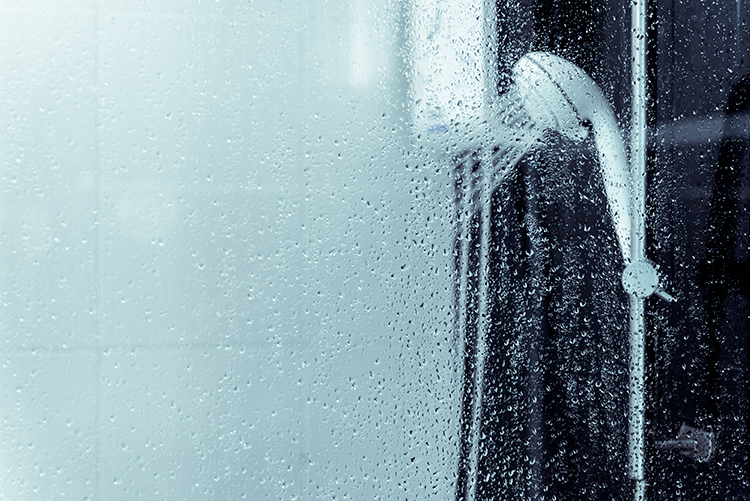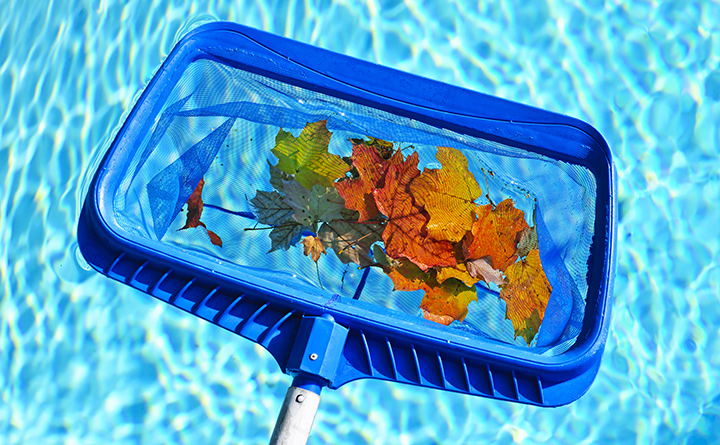
Bromine pool Chemicals
 Scientific basis because of this article had been given by Zach Hansen, technical services professional at BioLab. Mr. Hansen features a Bachelor of Science in Chemical Engineering from Auburn University and an MBA from Georgia State.
Scientific basis because of this article had been given by Zach Hansen, technical services professional at BioLab. Mr. Hansen features a Bachelor of Science in Chemical Engineering from Auburn University and an MBA from Georgia State.
Chlorine for swimming pools, bromine for spas. That’s the standard knowledge for sanitizing, but like most mainstream wisdom, you will find situations when it’s not sensible.
Over numerous decades, chlorine is tried and discovered becoming a real and life-threatening germ-killer and waste oxidizer in outside swimming pools, but it’s sister halogen, bromine, tends to make a good instance for usage in an enclosed space. Mostly, that argument boils down to that bromamines (an important by-product of bromine pool biochemistry) tend to be easier to deal with than their particular equivalent, chloramines, particularly in commercial swimming pools with big bather loads.
Shocking treatments
There aren't any doubts about chlorine’s ability to eliminate and oxidize share invaders. The halogen’s issues start after it is done its work.Once chlorine features reacted with another molecule and turn combined chlorine (chloramine), it becomes very feeble as a sanitizer. But once bromine responds and becomes a bromamine molecule, it maintains its sanitizing efficacy. Bromamines boating in the water should be able to strike and kill micro-organisms just about as effectively and rapidly as either free chlorine or no-cost bromine.
Therefore while bromamines are a confident good in share water, chloramines pose a problem in just about any share. They build eventually and needs to be eliminated through breakpoint oxidation. The standard training on the market is always to dump in a great deal of chlorine to shock the pool, usually in a 10-to-1 proportion of no-cost chlorine to combined chlorine.
Cl
Identify: Chlorine Atomic number: 17 Atomic fat: 35.453 Melting point: -150.7 °F boiling-point: -29.27 °F Standard condition: Gas at 298 K (76 °F) Group title: Halogen Group in regular table: 17 Color: Yellowish green category: Non-metallic
But you can find difficulties with this procedure (beyond the most obvious expense and hassle), specially when done indoors as well as a magnitude necessary to treat a commercial share. Large amounts of surprise react with natural contaminants to form chloramines on a grand scale.
Even without the inclusion of shock, chloramines tend to be volatile and have a solid tendency to “gas off” and become airborne. It is difficulty in indoor pools, where relative decreased ventilation holds concentrations of airborne chloramines inside the building and near the waterline.
Many people are knowledgeable about the smell issue chloramines present — understanding often referred to as a “chlorine smell.” That's merely an indoor chloramine cloud being sucked into one’s olfactory and breathing.
This really is even more of problematic for swimmers just who, as they churn through lanes, pant with their mouths just over the area in which chloramine focus is heaviest.
Some are more responsive to these chemical substances than the others, but intuition — sustained by the overall protest associated with the eyes, lungs and mucus membranes — indicates airborne chloramines cannot be advantageous to united states. The medical community has now reached no definitive conclusion on matter, and research continues on the topic.
Bromamines, on the other hand, are a lot less likely to want to become airborne. They cannot gas down, but remain in fluid condition, held in the level of share liquid, in which they really do a little great.
Br
Name: Bromine Atomic quantity: 35 Atomic fat: 79.904 Melting point: 19 °F Boiling point: 138 °F Standard condition: fluid at 298 K (76 °F) Group title: Halogen colors: Red-brown, metallic luster when solid Classification: Non-metallic
RELATED VIDEO


Share this Post
Related posts
Electric Showers
If you know how it feels to put up with the odd shower that does not hold a stable temperature and makes you slouch miserably…
Read MorePool Maintenance Tips
Pretty soon swimming pool holders will face the annual problem: opening a backyard swimming pool for the summer period. The…
Read More















